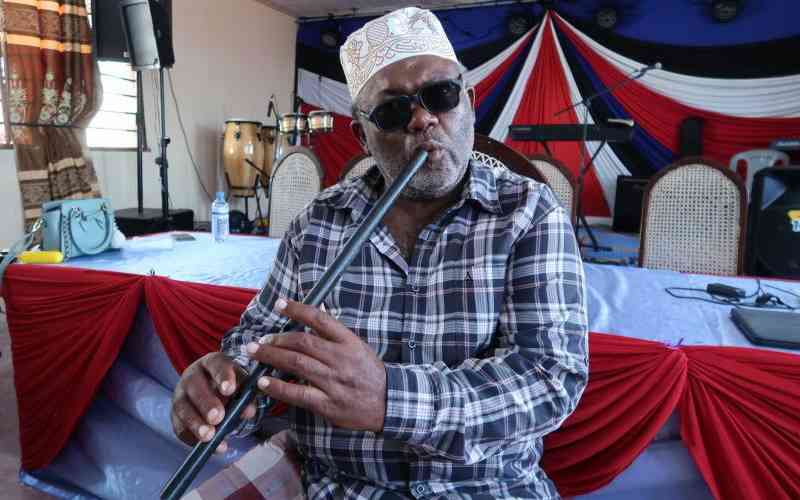×
The Standard e-Paper
Join Thousands Daily

The most famous phrase from Kiswahili has to be ‘hakuna matata’. Thanks to the film Lion King, a lot of people in the world who don’t speak Kiswahili know what it means.
It has been the go-to African language in films, unofficially recognised as the language of Africa, and many of its words have made it into the English language, such as ‘safari’, the popular game known as ‘jenga’.